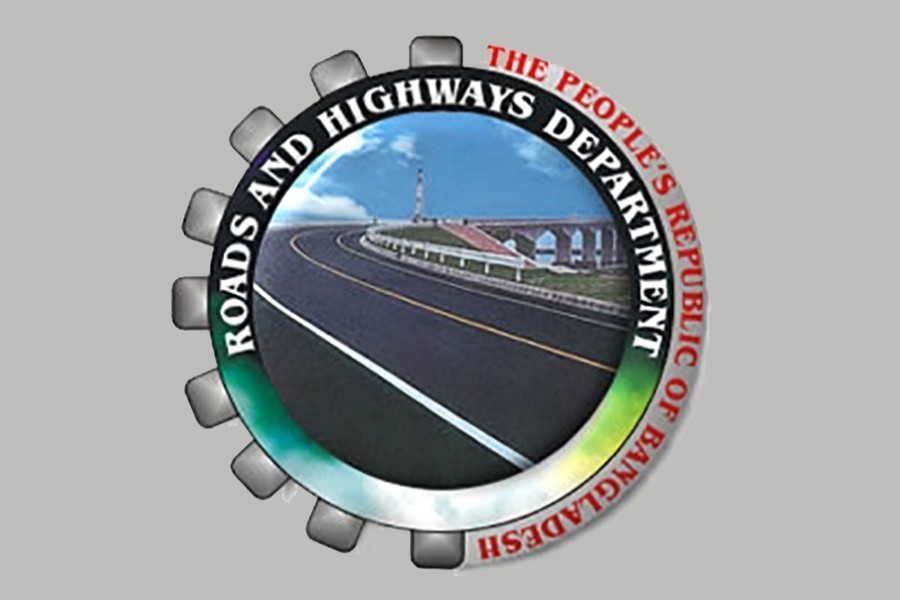The initiative taken by the Roads and Highways Department (RHD) to construct four rest houses for highway drivers is most welcome. Usually transport operators are projected in a bad light and that is not for nothing. But at times they have to share the blame more than their due. What is amiss is the inconvenient and hostile system under which they have to work. That around 50 per cent of drivers in the country suffer from poor eyesight is a testament to the neglect they are subjected to. This one factor can be a major cause for them to be involved in road accidents. The poor fellows may not be aware of this basic precondition for safe driving, but their employers usually well placed in society and supposed to be conscious of the need for good vision for driving also ignore the issue. Even the authorities concerned to issue driving licences do not seem to bother about mandatory testing of eyesight periodically.
The list of inhospitable working conditions for drivers is long. Their side of the story should receive equal attention if the purpose is to ensure road safety. Highway drivers are mostly compelled to drive for long hours with breaks for 15 to 20 minutes. Those who drive long distances at night are particularly worse off. No wonder, realising their plight and against the backdrop of frequent road and highway accidents, Prime Minister Sheikh Hasina suggested no more than five hours' drive at a stretch for a driver. She is right. The RHD claims that following her suggestion, it has undertaken the task of constructing four such rest houses with several facilities for highway drivers. Now the question is, how long will a driver have time to rest there on a journey? After all, if there is one bus driver on a long-route, he cannot spend more than 20 or so minutes for rest. The journey time cannot be unduly prolonged in order to make provision for a driver's rest for, say, an hour.
So it is wise to have two drivers, as is the custom in other countries, who can share duties on a long drive. Even in emergency, one can be a good substitute for the other. Currently, a driver on night duty reaches his destination in the morning but with a little or no rest they are compelled to set out on their return journey. Most bus companies do so to economise but the drivers of the more luxurious varieties are allowed ample rest and they reap the system's benefit. Hardly such buses are reported for causing accidents.
Rest houses for drivers may be good but unless their physical fitness, training, wages and personal habits such as addiction to drug or cheap liquor are brought under regular scrutiny, such facilities will be of little use. Drivers must subject themselves to regular updates, alcoholic tests and on their part receive reasonable pay for their labour. Their health check should be free of cost. The transport owners should bear it. If they have a sound mind in a sound body, chances of accidents will drastically diminish.


